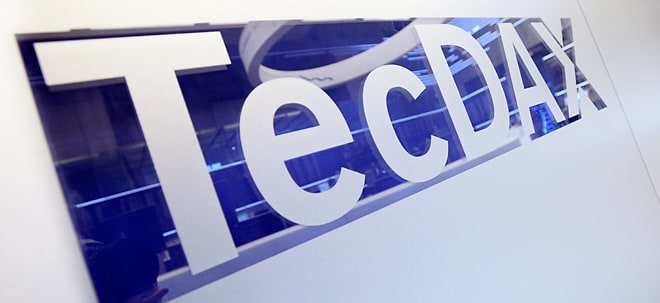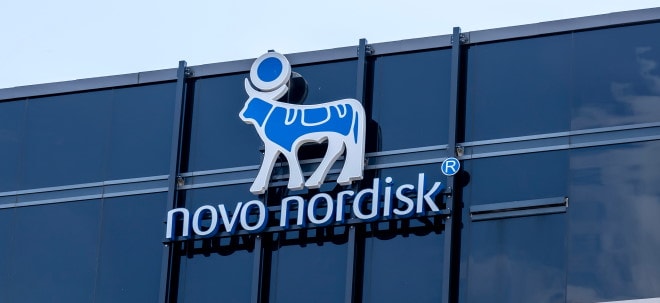The job market has slowly been improving, but anyone who has looked for a job lately knows that it's still far from easy to land a position.
Economists say there's a good reason for that: Employers just aren't that eager to hire.
"Nobody is enthusiastic about hiring," said Ken Mayland, an economist with ClearView Economics who often speaks with chief financial officers at large U.S. corporations and also works with small businesses. "Everybody is just sitting on their hands."
The lack of enthusiasm about hiring is surprising in some ways. Businesses have built up hoards of cash in the last five years and have largely been running their businesses with minimal staffs who are being asked to work harder. Worker productivity grew at a 1.9 percent annual rate from July to September, which some experts say is a sign that employers are reaching the limits of how much they can squeeze out of their existing workers.
Still, experts say they aren't hearing much talk about hiring. There were 3.6 million job openings on the last business day in September, according to the Bureau of Labor Statistics, not much changed from August.
"These companies are sitting on big stockpiles so they have the wherewithal to hire, but to a company I'm not (hearing anyone) saying, 'Oh yeah … we're looking to gear up,'" Mayland said.
The unemployment rate stood at 7.9 percent in October, as companies added 171,000 jobs. That's certainly an improvement over a few years ago, but it's not enough to quickly get the more than 12 million U.S. jobseekers back to work. The November jobs report will be released on Friday.
There have recently been signs that some of the most troubled pockets of the economy, such as the housing industry, are starting to see improvements. To some, that should be the sign that it's time to expand your business and hire more people.
"You would think that businesses would be salivating," said Joel Naroff, economist with Naroff Economic Advisors. "What more messages could you get that this economy is turning (and) that you should start doing things? And instead, they're running around like Chicken Little."
Here are a few reasons why.
Uncertainty has been a big theme these last five years. Business leaders have at various times said they were uncertain about the recession, the fiscal stimulus programs, the recovery, the elections, the debt ceiling, the health care overhaul and the fiscal crisis in Europe.
These days, they're mainly feeling uncertain about the so-called "fiscal cliff," a series of tax hikes and government spending reductions to the tune of $600 billion that are set to take effect in 2013 unless Congress and the Obama administration can strike a deal.
That's got business owners worried they'll have to pay more taxes and investors fretting about whether capital gains tax increases will mean they take a major financial hit.


 Thread abonnieren
Thread abonnieren


